Professor Pham Nam Hai, Vice Dean of the Faculty of Electronics, Tokyo Academy of Science , gave insightful comments on the challenges and opportunities brought about by digital transformation and innovation, as well as the role of science and technology in shaping Vietnam's future.
These are valuable insights into how Vietnam can leverage the power of advanced technologies to drive development in the digital age.
Professor Pham Nam Hai commented that Resolution 57-NQ/TW of the Politburo on breakthroughs in science, technology, innovation and national digital transformation is a very breakthrough resolution, unlocking the opportunity for Vietnamese enterprises to participate in the chain of creating scientific and technological values.
Besides, the resolution unties universities and research institutes to participate deeply in the chain of scientific and technological research, contributing to the country's development process.
According to the resolution, the annual budget for science and technology is about 2% of GDP, of which 60% will be invested by businesses in science and technology development.
This is the first resolution in Vietnam's history that clearly sets a target for investment in science and technology with a relatively large amount of money compared to our economic potential. Professor Pham Nam Hai said this is a very good thing.
According to Professor Pham Nam Hai, Vietnamese scientists in Japan can completely contribute to this process by participating in many fields, for example, participating in technology training such as semiconductors or artificial intelligence (AI) for Vietnamese students who come to conduct doctoral research.
In addition, scientists can advise domestic enterprises on new research directions that can create specific products for application in specific domestic products.
In the context of global digital transformation, new technologies such as AI and Big Data are developing strongly. Professor Pham Nam Hai said that AI is currently a technology that is developing very strongly and is predicted to create a new economy called the AI economy. Vietnam can participate in the AI technology chain.
Firstly, in terms of software, Vietnam can use open source models. Vietnam can exploit models of developed countries and develop its own Vietnamese model.
According to the Professor, to do so, Vietnam must have its own database, which must be re-modeled and applied to the Vietnamese environment, adapted to Vietnam. It is necessary to build databases and large data centers in the country.
Second, Vietnam needs to develop hardware and develop hardware AI centers. On that hardware, AI models will be built, which are specific to the Vietnamese environment and can be applied to many fields, not only AI models running on the cloud but also AI models running on peripheral devices, called Edge AI, which can be applied to products in life such as televisions, and can be applied in production.
There are AI models that will help produce goods and industrial products with much higher efficiency than human control.
Professor Pham Nam Hai said the key to success in this field of scientific research is that private enterprises must cooperate with universities. When private enterprises place orders, universities have funds to operate and create conditions for students to be exposed to problems that need to be solved in life.
When businesses cooperate with universities, both sides benefit. Businesses rely on new technologies or knowledge developed by universities and apply that knowledge to their products at minimal cost, and in return, universities have their own operating budget; students participating in joint research between universities and businesses will have output when they graduate, and must directly participate in businesses that produce products.
The professor emphasized that this is a very important key to developing the scientific and technological research chain in Vietnam.
Professor Pham Nam Hai said that the State can apply policies to encourage businesses to participate deeply in the science and technology development chain. For example, a tax reduction program for businesses that invest heavily in science and technology, to encourage businesses to invest more deeply in the scientific research process.
The professor emphasized that this is an important policy that Vietnam can apply. It is a policy that Japan has applied to encourage businesses to spend money to research deeply into science and technology instead of buying from outside./.
Source: https://www.vietnamplus.vn/dot-pha-theo-nghi-quyet-57-coi-troi-cho-doanh-nghiep-post1041989.vnp








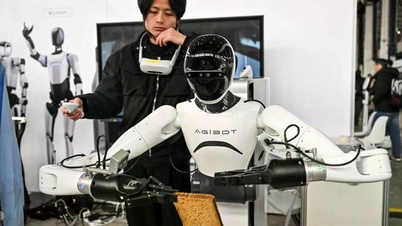






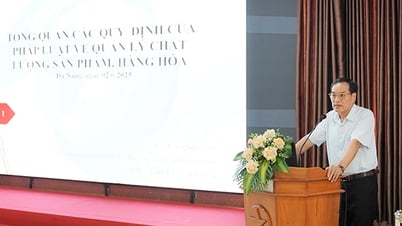










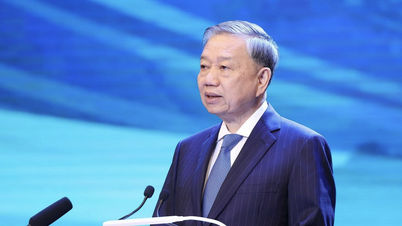

























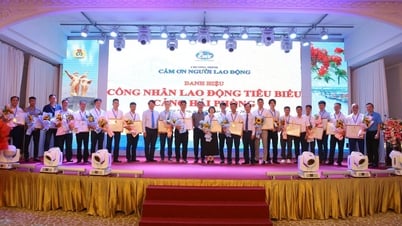







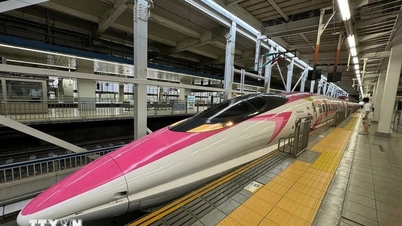



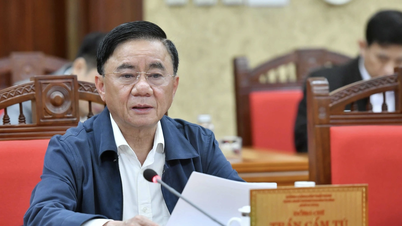



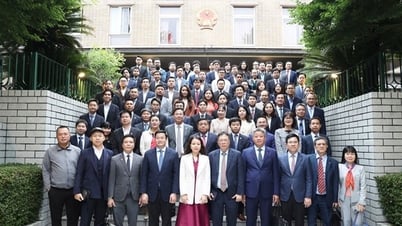

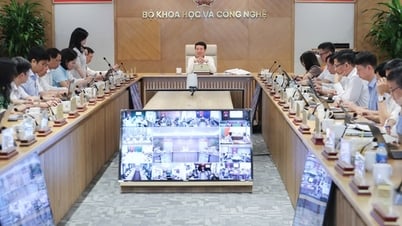
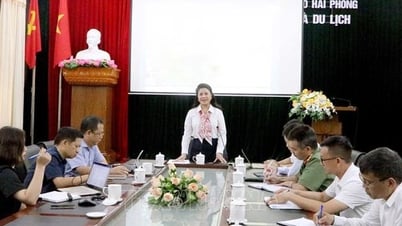









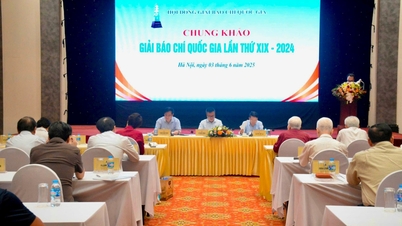
















Comment (0)